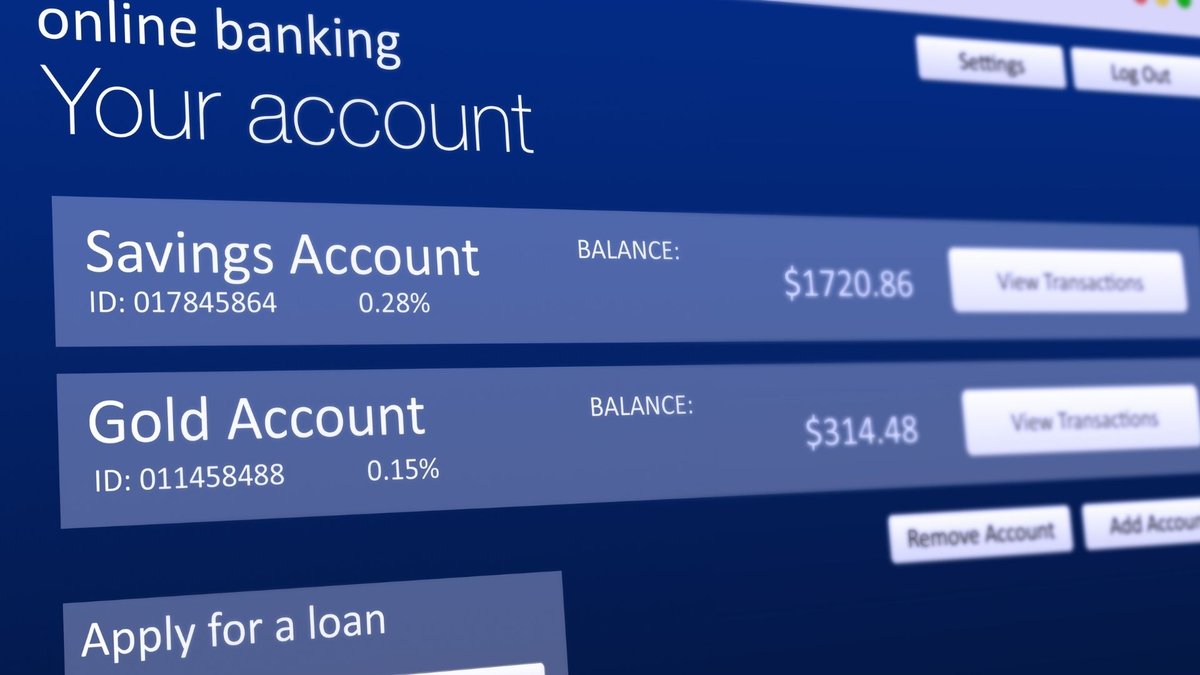Why banking and finance need to move qualifications online
Published by linker 5
Posted on September 16, 2020
4 min readLast updated: January 21, 2026

Published by linker 5
Posted on September 16, 2020
4 min readLast updated: January 21, 2026

By Rory McCorkle, Senior Vice President, PSI Certification and Education Services
The global banking and finance sector often presents a strange contradiction when it comes to technology. On one hand, the sector is leading the way in blockchain technology, big data and Artificial Intelligence. On the other hand, many large financial institutions are falling behind in their digital transformation efforts, with internal processes as well as the moving the customer experience online. Particularly when compared to fintech and new challenger banks.
A report last year by Accenture found that just 12% of large traditional banks surveyed have fully committed to digital transformation and 50% of banks made little progress. The remaining 38% are in the midst of their transformations, but their digital strategies lack coherence.[i]
One area of digital transformation that has been particularly slow is access to qualifications and certifications. Many exams in the banking and finance sector continue to use Paper Based Testing (PBT). However, COVID-19 has accelerated the transition from PBT to Computer Based Testing (CBT), proving irrevocably that change is possible – regardless of the size of your organisation, number of candidates or security requirements.
Stay current
In a heavily regulated environment that is undergoing increased scrutiny, a high level of certification and compliance is a necessity for many working in the industry. And credentials that hold such significance need to be securely and fairly assessed. This is where CBT offers numerous benefits. For organisations there is security, integrity, flexible capacity, increased reach and a streamlined exam administration process. And for candidates, CBT provides flexibility, convenience, accessibility and increased choice.
Despite these benefits, some organisations still have reservations and have been slower to make the move to CBT. In more traditional professions, such as finance, there can be a greater reticence. This is likely to be based on the historic prestige of PBT, as well as a desire to stick to more traditional methods. However, with more learning completed online, and educational resources shifting to digital from primary education to CPD, expectations around assessments are changing.
Up-and-coming candidates in all professions, particularly those who are digital natives, are starting to question outdated methods. Organizations will need to adapt to stay current and relevant with their market. What’s more, technological advances have now combined with the coronavirus pandemic to increase the demand for remote business services. Meaning that a growing number of organisations in the banking and finance sector are moving to CBT.
Increased security
Technology offers burgeoning options to increase test security with CBT. Linear-on-the-fly testing (LOFT) for example allows you to easily change items for each candidate, while maintaining the fairness of the exam – rather than the fixed forms used in PBT.
With LOFT, every candidate is given a unique set of items, making cheating a lot more difficult. And with no need to ship test papers around the country, there’s significantly less risk of physical security breaches with CBT than with PBT.
With the movement away from paper and pencil testing, advances in online proctoring have also dramatically increased the ability to deliver secure online assessments. Using a webcam and microphone, online proctoring provides test security for exams, while offering candidates additional flexibility and convenient scheduling.
Even before COVID-19, online proctoring was becoming far more commonplace. In 2018, there was a 10% increase in organisations using online proctoring with video/sound recording and identity authentication as part of the exam process compared to 2017.[ii] And COVID-19 has reinforced the fact that it is possible to effectively move to CBT side by side with online proctoring – and move quickly.
Future possibilities
Testing has changed a lot during its history but the reasons for adopting CBT have remained the same for decades – fair and reliable testing delivered at scale. Nearly all tests that are completed with a paper and pencil can be adapted for CBT.
For organisations in the banking and finance sector, recent technological advances have provided many more options to reach candidates. At the same time, technology has significantly increased the security for important online assessments that will not only affect a candidate’s future, but might also impact the future and reputation of their profession.
As with any change, the move from PBT to CBT must be managed carefully and communicated clearly. And with best practice in place, it is possible for any organization, regardless of size and number of candidates, to make the move to CBT.
Explore more articles in the Banking category











